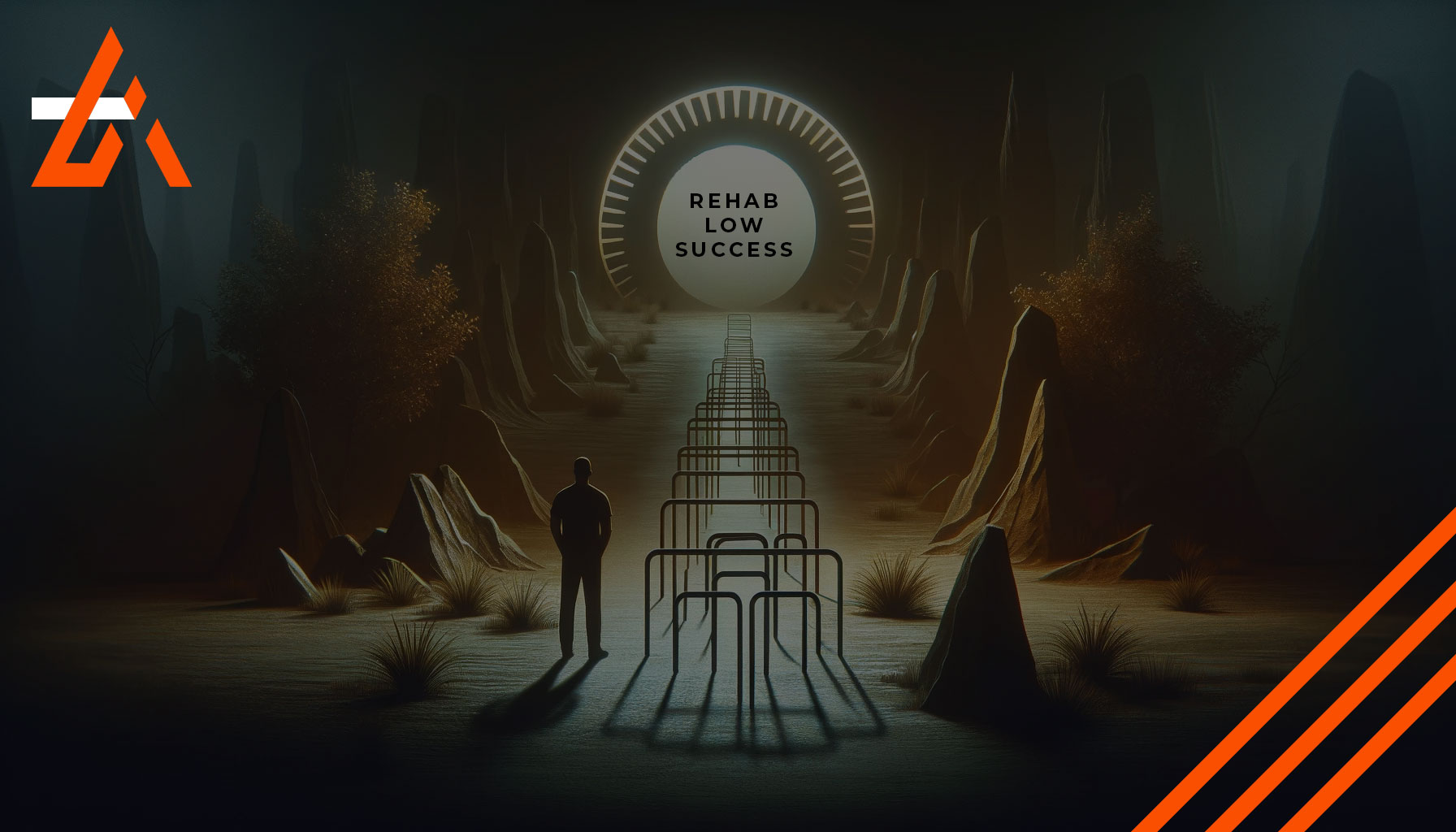Navigating the Distinction: Recovery Coaching vs. Counseling
In the journey towards healing and personal growth, understanding the difference between recovery coaching and counselling can be pivotal. As a professional with expertise in both domains, I bring a unique perspective to this discussion, offering insights into how each approach caters to different aspects of recovery and personal development.
The Essence of Recovery Coaching
Recovery coaching is a forward-thinking practice focused on empowering individuals to achieve their recovery and life goals. As a recovery coach, my role involves working alongside clients to develop strategies that foster long-term sobriety, resilience, and fulfilment in life. This approach is action-oriented, emphasizing the development of practical skills and the establishment of healthy habits. Unlike traditional counselling, recovery coaching is less about delving into past traumas and more about building a hopeful future.
Clients in recovery coaching are often looking to bridge the gap between where they are and where they want to be. This process involves setting realistic goals, creating accountability, and developing a strong sense of self-agency. As a coach, I leverage my experience and skills to guide clients through this journey, helping them to navigate challenges and celebrate successes along the way.
The Role of Counseling in Recovery
Counseling, on the other hand, offers a different kind of support. It tends to be more introspective, focusing on understanding and processing past experiences, emotional traumas, and deep-seated psychological issues that might be contributing to addictive behaviours. As a counsellor, I provide a safe and confidential space for clients to explore their thoughts, feelings, and behaviours. The aim is to bring clarity and healing, allowing individuals to work through their issues and develop healthier coping mechanisms.
Counseling often involves a variety of therapeutic techniques such as Cognitive Behavioral Therapy (CBT), Motivational Interviewing, and mindfulness practices. These methods are designed to help individuals understand the root causes of their addiction, address mental health issues, and foster emotional growth. In my practice, I blend these therapeutic approaches to meet the unique needs of each client, ensuring a personalized and effective counselling experience.
Complementary Approaches
While recovery coaching and counselling may seem different, they are not mutually exclusive. In fact, they often complement each other. Recovery coaching can provide the motivation and action plan for change, while counselling addresses the underlying psychological and emotional aspects that might hinder progress.
Integrating Coaching and Counseling in Recovery
In my practice, I integrate the strengths of both recovery coaching and counselling to offer a holistic approach to healing and personal development. This integration allows for a comprehensive strategy that not only addresses the immediate challenges of addiction but also lays the groundwork for long-term emotional and psychological well-being.
Benefits of a Dual Approach
The dual approach of combining coaching and counselling offers numerous benefits. Recovery coaching keeps clients focused on their future, building the resilience and skills necessary for long-term sobriety. It instils a sense of purpose and direction, which is crucial for maintaining motivation and progress. Counselling, meanwhile, provides depth, offering insights into the psychological aspects of addiction. It helps to heal emotional wounds and resolve inner conflicts, which are often at the core of addictive behaviours.
Tailoring the Approach to Individual Needs
Every individual’s journey through recovery is unique, and so should be the support they receive. Some may benefit more from the goal-oriented structure of coaching, while others may need the reflective space of counselling to process and heal. As someone skilled in both areas, I can tailor the approach to best suit each client’s needs, sometimes leaning more towards coaching, other times towards counselling, and often finding a balance between the two.
The Synergy of Coaching and Counseling in Practice
In practice, the synergy between coaching and counselling can be incredibly powerful. For instance, a client may uncover a deep-seated issue in a counselling session, which then becomes a focus area in their coaching sessions. Conversely, challenges identified in coaching sessions might be explored more deeply in counselling. This fluid interaction ensures that all aspects of an individual’s recovery are addressed, leading to more robust and sustainable outcomes.
Conclusion
Understanding the difference between recovery coaching and counselling is crucial in choosing the right support system for your recovery journey. While each has its distinct role, the combination of both offers a comprehensive approach to overcoming addiction. In my practice, I utilize my skills in both coaching and counselling to provide tailored, effective support, ensuring that my clients not only recover from addiction but also thrive in their newfound sobriety.
Whether you are exploring the path of recovery coaching, counselling, or a combination of both, remember that the journey to recovery is a personal one, and finding the right support is key to your success. Contact me for more info or help!






